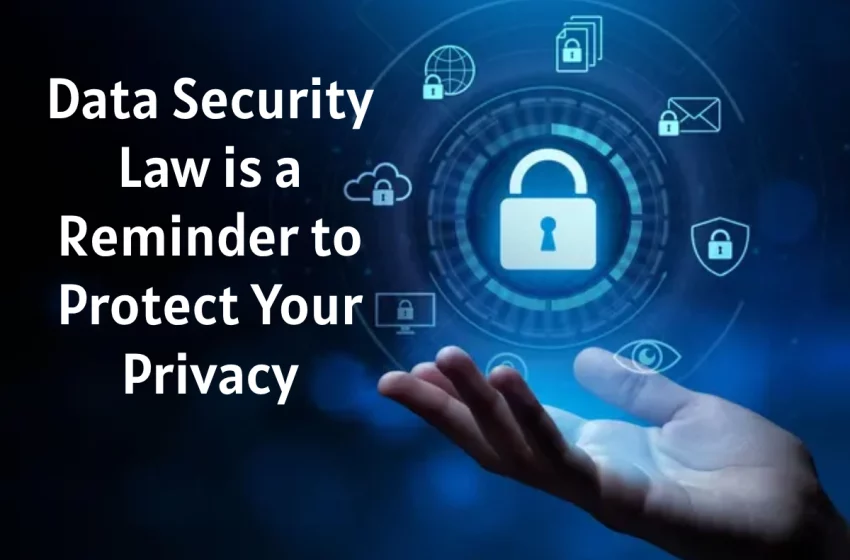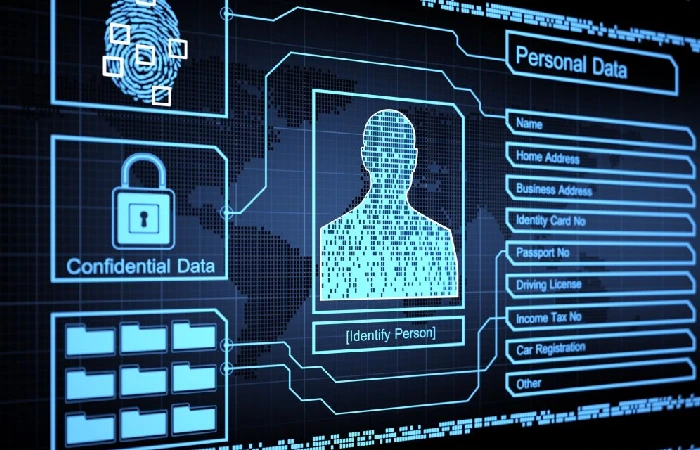
New Data Security Law is a Reminder to Protect Your Privacy
A new data security statute makes Utah a safe harbor for companies that face litigation following a data breach.
The Cybersecurity Affirmative Defense Act — or CADA, for short — came into effect earlier this year, and it allows companies to use their privacy and data security programs as sufficient defense against data breach claims, provided they meet compliance with industry-standard cybersecurity.
Utah is the second state to introduce such a law, which signifies a potential country-wide shift in how the courts handle large data breaches exposing consumer information in the future.
According to Utah lawmakers, it’s a way to incentivize big businesses into adopting better cybersecurity policies. If a company shows adequate proof it safeguards your data, responds to the incident, and notifies you of the breach, you can’t file a claim against the company for wrongdoing.
Table of Contents
Data Breaches Keep Happening

CADA addresses an upward trend of data breaches happening in the country. Thousands of data breaches happen every year, exposing millions of people’s personal information. This information can run the gamut of severity — from login credentials to social security numbers.
When it comes to breaches that expose emails and passwords, your defense may be as simple as changing your password and monitoring for suspicious activity.
Pan network full form : personal area network (PAN) is fashioned whilst two or more computers or cell phones interconnect to one another wirelessly over a brief variety, typically less than approximately 30feet.
But details like social security numbers (SSN) and banking info open another can of worms entirely. These represent the keys to your financial kingdom, and they can be used to commit fraud if they fall into the wrong hands.
With a little bit of know how and a lot of confidence, a scam artist could use this information to open several lines of credit and payday cash advances in your name.
How to Protect Your Personal Information Online
Dealing with fraudulent payday cash advances or lines of credit isn’t fun. Disputing them can take months or even years as you prove to the credit reporting bureaus you didn’t open these accounts. And until you remove them from your record, these lines of credit and payday cash advances could negatively affect your credit score.
With this much on the line, protecting your data is crucial in avoiding fraud, especially now as new laws come into effect influencing your right to compensation. Here are some things you can do to lock down your data.
Research Companies Before You Share Info
Before you sign up for a newsletter or borrow money online, ask yourself, does this company need to know my personal details?
Exchanging personal details is non-negotiable when it comes to borrowing an installment loan. Lenders of the best installment loans Utah has to offerneed to know you can afford the loan before they approve you.
When it comes to borrowing, you can expect to share your personal information, so you’ll want to research Utah installment loans to ensure you’re choosing a secure option.
The same doesn’t hold true for newsletters — the less they know, the better.
Review Your Accounts
Checking your financial statements and credit report can help you spot suspicious activity before it has time to get really bad.
Don’t Repeat Passwords
Sometimes, a data breach is out of your hands. Despite confirming a financial institution has a robust security policy, this organization may fall victim to a malicious attack. If your login credentials are exposed, using a unique password will insulate other financial accounts from being affected.
Bottom Line
The cybersecurity landscape is changing. You’ll need to remain vigilant with your data as regulations shift.


